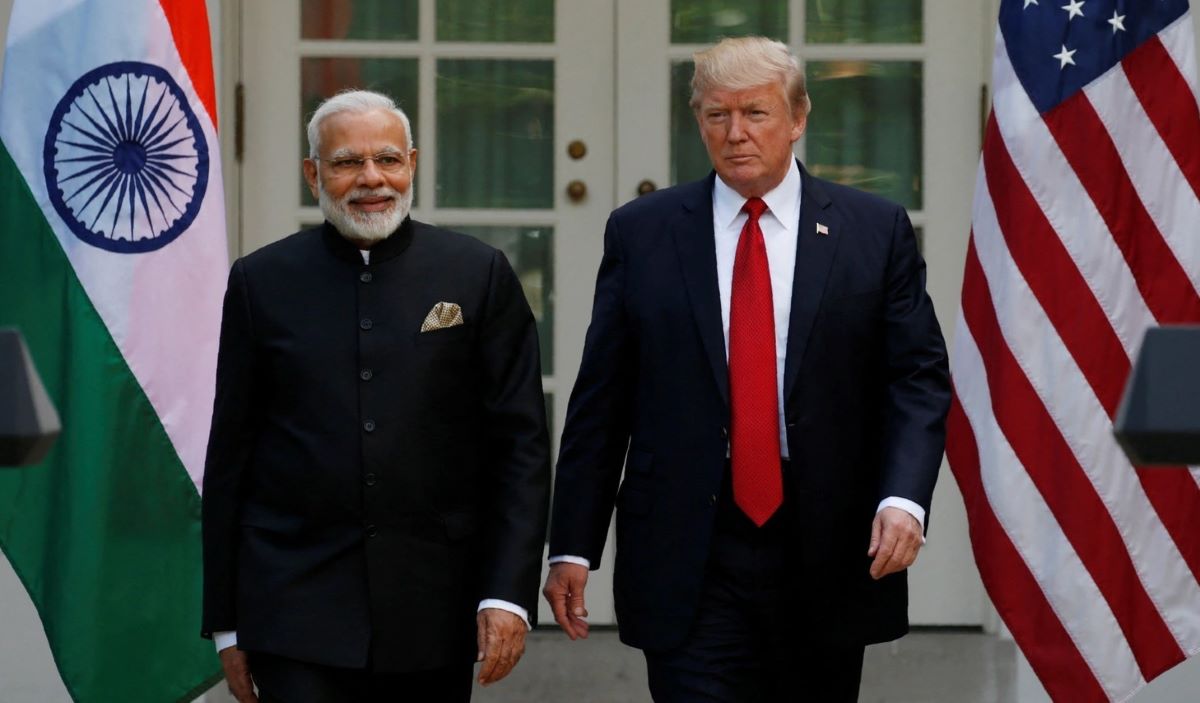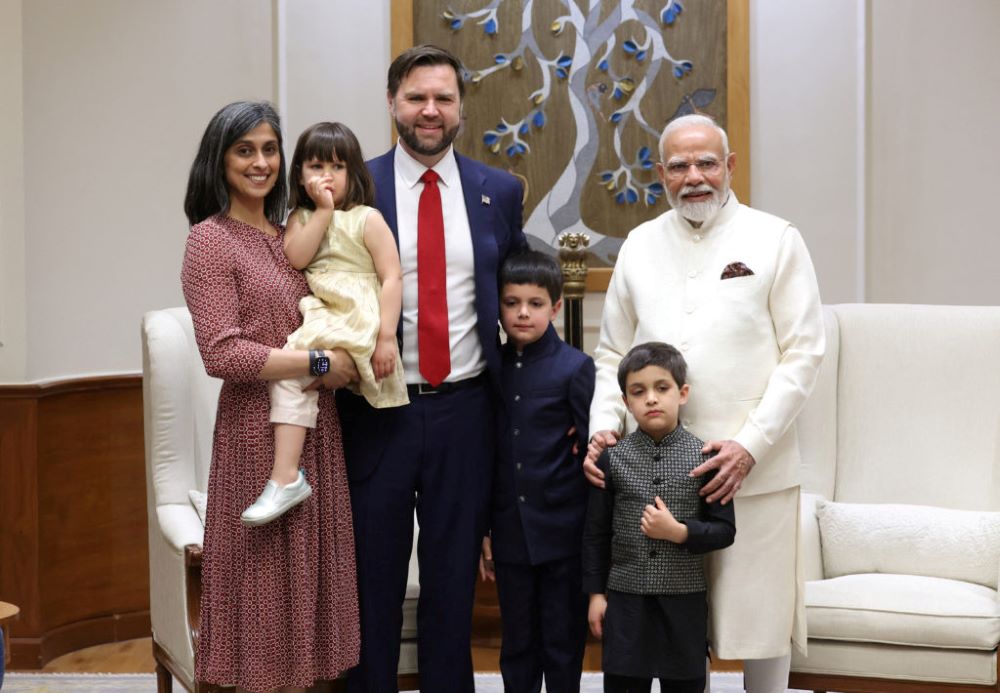Trump Pushes Deal with India on Walmart, Amazon Expansion in World's Most Populous Nation
The Trump administration is intensifying pressure on India to open its $125 billion ecommerce market to American giants like amazon and walmart, as part of a broader trade agreement currently under ne

The Trump administration is intensifying pressure on India to open its $125 billion ecommerce market to American giants like amazon and walmart, as part of a broader trade agreement currently under negotiation, according to FT.
The talks come under the looming threat of new U.S. tariffs, with India facing a potential 26% duty on its exports unless a deal is reached. President Trump has paused the tariff for 90 days to allow room for negotiation.
U.S. Vice President jd Vance met with Indian Prime Minister Narendra Modi in New Delhi on Monday, where both sides welcomed the significant progress on a mutually beneficial trade deal. Discussions are expected to cover a wide range of sectors, including food, automobiles, and ecommerce. The two leaders also reaffirmed cooperation in energy, defense, and strategic technologies.

At the core of the negotiations is Washington's push to eliminate what it calls non-tariff barriers in India's ecommerce sector. Under current rules, foreign companies such as Amazon and Walmart can only operate as online marketplaces, facilitating third-party sales. In contrast, domestic companies like Reliance Retail—owned by Asia's richest man, Mukesh Ambani—can manufacture, own, and sell products directly on their platforms.
The U.S. sees this structure as discriminatory and argues that it restricts market access for American firms. Industry insiders say the Trump administration is closely coordinating with U.S. ecommerce platforms, including Amazon and Walmart, to craft its demands. Walmart, which owns Flipkart, India's leading ecommerce company, has raised concerns directly with Trump during private meetings, including at his Mar-a-Lago estate.
In addition to inventory restrictions, U.S. companies have faced repeated product inspections from the Bureau of Indian Standards—another hurdle cited by Washington as a non-tariff barrier. Since 2006, successive U.S. administrations have tried to open India's retail market with little success, according to Arvind Singhal, chairman of retail consulting firm Technopak Advisors.
The negotiations highlight growing tensions between global ecommerce expansion and domestic economic protectionism. While foreign investment is welcome, it must not come at the cost of distorting India's retail ecosystem or undermining the interests of its 90 million small traders, said Praveen Khandelwal, Secretary-General of the Confederation of All India Traders and a member of Modi's Bharatiya Janata Party.
Trump has repeatedly criticized India's protectionist stance, calling it the tariff king. Despite this friction, India remains America's largest trading partner, and both countries have pledged to increase bilateral trade in goods and services to $500 billion—more than double the current figure.
Disclaimer: The views in this article are from the original Creator and do not represent the views or position of Hawk Insight. The content of the article is for reference, communication and learning only, and does not constitute investment advice. If it involves copyright issues, please contact us for deletion.